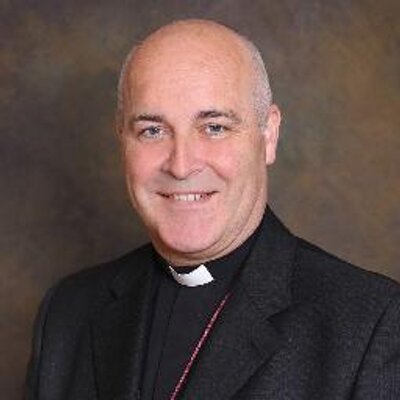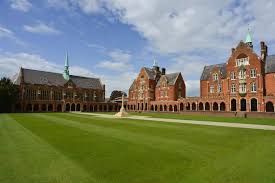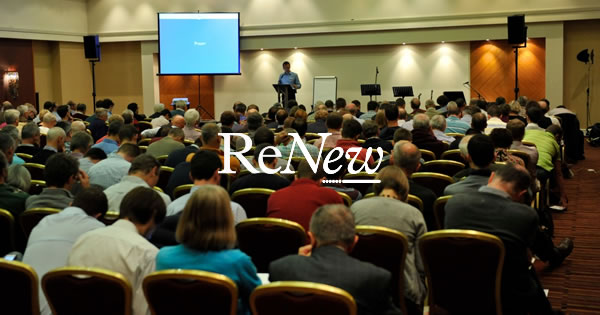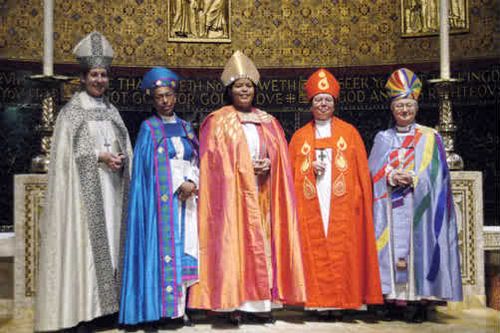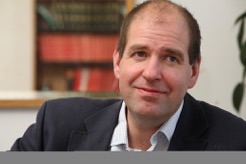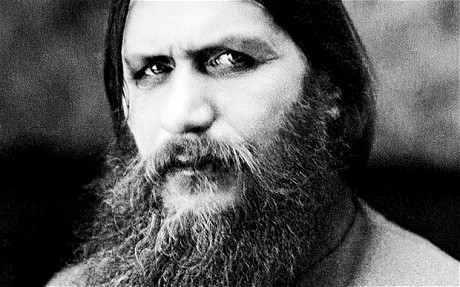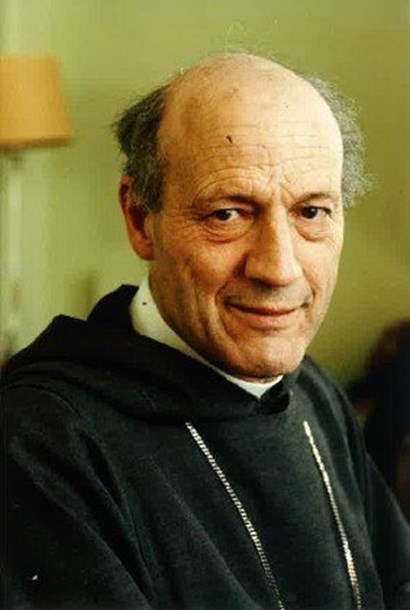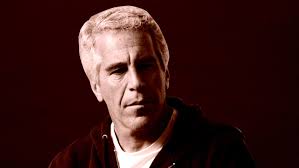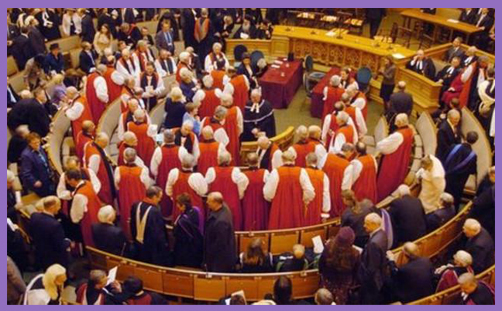
The Christmas edition of the Church Times contained advertisements for no fewer than four suffragan bishops (Horsham, Lewes, Stafford and Sherwood). In the past such advertisements were unheard of. The idea of putting yourself forward for high office would have seemed like an act of hubris and that would immediately disqualify any applicant. It was also believed that somewhere in the bowels of Lambeth Palace there were lists of likely clergy, suitable for preferment. These had already been groomed for high office and were quietly waiting to be called. Such candidates had probably attended one of the Windsor courses and an appointments secretary had been making discrete inquiries as to their suitability for promotion to episcopal purple.
The Church Times advertisements suggest that something may be changing within the system of appointments. I may be wrong and the secret Lambeth list may still be alive and well. But why advertise when the pool of all the good and suitable people is well known to those who are in charge?
I have, in what follows, a series of observations on this topic of appointments to high office in the Church of England. This blog post consists of some speculative ideas about bishops based on observation of the Church of England over a fair number of years. These observations do not of course have the same validity as properly conducted research. I hope my reader will receive these speculations in the same spirit as they are shared. They may well be describing a problem that does not in fact exist. But if there really is a problem of a shortage of suitable candidates for the post of bishop, we need to be aware of this and consider what the reasons for this might be. I want to put forward two main ideas. One is that the pool of qualified people from which to choose bishops has indeed shrunk. The second possible factor is that the job of bishop is now far less attractive and rewarding than it used to be.
Fifty years ago there were plenty of clergy in the Church to go round and even the tiniest of parishes would have numerous applicants when they became vacant. I once heard a story from a priest, who later became an Archdeacon, who wanted to apply for a small parish in the Hereford diocese around 1962. He never had a response to his letter and later he heard that there had been over 200 applications for the post. The system of funding in the past meant that most clergy were trained residentially with the cost met by the Local Education Authority. Because far more clergy started the training process in their twenties, there were many who were unmarried before training. This meant that clergy training could be, for some, a more leisurely affair, with candidates often finding time to pursue special interests within the theological sphere. I have referred, on this blog, to my own travels as a theological student in both Switzerland and Greece.
After the boom years of the 50s and 60s the Church of England scored an own goal in its recruitment of ordinands. The selection process began to discriminate in favour of older candidates, those with ‘life experience’. The thinking behind this may have been sound but it deprived the church of many of its youthful candidates. Many of those who were entering training were also likely to be married with children. There was no incentive to lengthen the training beyond the absolute minimum. At the same time, the Local Authorities started to drop their grants and this placed the financial burden for ordinands’ families on the Church itself. Standards of training have been protected over the years but fewer ordinands have able to pursue the higher level of theological training that being a bishop might require. It is always helpful for a bishop to have insight and expertise, not only in his own theological background tradition but also in the traditions of others who are Anglican in a different way. That would be a theological task and it is hard to do this when money and time within the training process are in short supply. There is also nothing in the current theological training process that would prepare a candidate to become a bishop. Those who aspire to the distinct episcopal role should ideally be able to receive considerable support in terms of in-service training. Perhaps there are some who are deemed episcopal material by putting over a display of solid competence and suitability for the role. But, for whatever reason, the pool of theologically/administratively suitable candidates is likely to have shrunk considerably over the years.
Moving from the thought that there are now fewer suitable candidates for the role of bishop, there is the other factor – a willingness to do the job. Looking at the posts in the Church Times this week, I have come up with three possible reasons why there might now be an unwillingness to take on the role. No doubt there could be others.
The first reason for being hesitant about becoming a bishop in the Church of England is the way that you are immediately thrust into being to all appearances a creature of a large institutional structure in a way that was not true before. Many Vicars enjoy a large degree of freedom and independence. If things are going well and the people follow your lead, it is a rewarding role. As a bishop, particularly a Suffragan, your scope for free action seems often more limited. You have a defined role within the structure and everything you say or do is subordinate to that role. You become a company representative rather than a free agent.
The second reason for potential difficulties with the role of bishop is in managing the network of new relationships you find yourself in. Within church life, it seems extremely common for individuals to have volatile interactions with those placed over them or alongside them. Sometimes there are complete break-downs of communication which are never resolved until one party either leaves or dies. This will be an especially serious matter if it happens among the hierarchy of the Church. Failures of communication can have the effect of paralysing the work of a Cathedral or even a diocese. For every Lincoln Cathedral scenario in the 90s there must be other equally painful break-downs of relationship within the hierarchy of the Church. To suggest that Christian leaders set an example of peaceful cooperation with one another is probably unrealistic to say the least. What is true, as we have discovered in our examination of power struggles among senior churchmen and churchwomen, is that complex institutional structures like cathedrals or dioceses can often be unrewarding places to work. The potential risk of division and conflict is high. Where there is such conflict, the cost to be borne by those who work there is high in terms of compromised health and happiness.
The third area of real anxiety is what I call the filing cabinet of past horrors. The safeguarding issues of the past decade have begun to take the lid off secrets that apparently seem to lurk inside every diocesan office and bishop’s palace. The Archbishop of York designate will have heard about files that disappeared in the ‘flood’ of 2015. He may choose to leave such files buried or to seek them out. Safeguarding is the single word that has done much to take the shine off every bishop’s role since around 2015. Computers and filing cabinets containing information that most normal people would simply not want to face must now haunt every bishop in the Church. What was formerly someone else’s responsibility now is suddenly yours. Within these files are pressing pastoral issues, financial demands and the simple requirement to do the right thing at the level of humanity. The latest revelations of the past week connected with ‘Safe Spaces’ and the apparent wastage of considerable sums of money designated for survivors, is yet another issue to keep some bishops awake at night. What normal person would want to get involved with such responsibilities, ones that touch the happiness and well-being of real people including themselves?
The advertising of four bishop’s posts at once may have a perfectly innocent explanation but it may represent a shift in the Church for the reasons I have been exploring. The great illness of society from which the Church is not exempt, is stress. Stress of relationships and dealing with issues of the past safeguarding horrors are clearly among the possible reasons for the Church of England to have to search beyond the lists of safe candidates who have been groomed for preferment over the decades.
